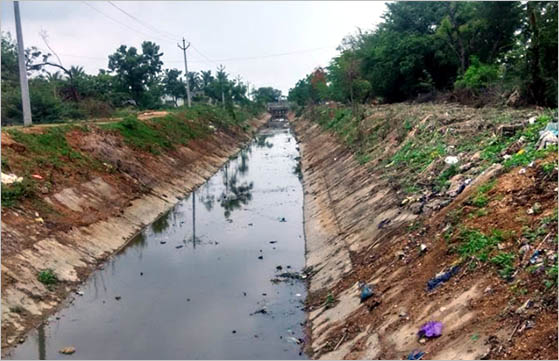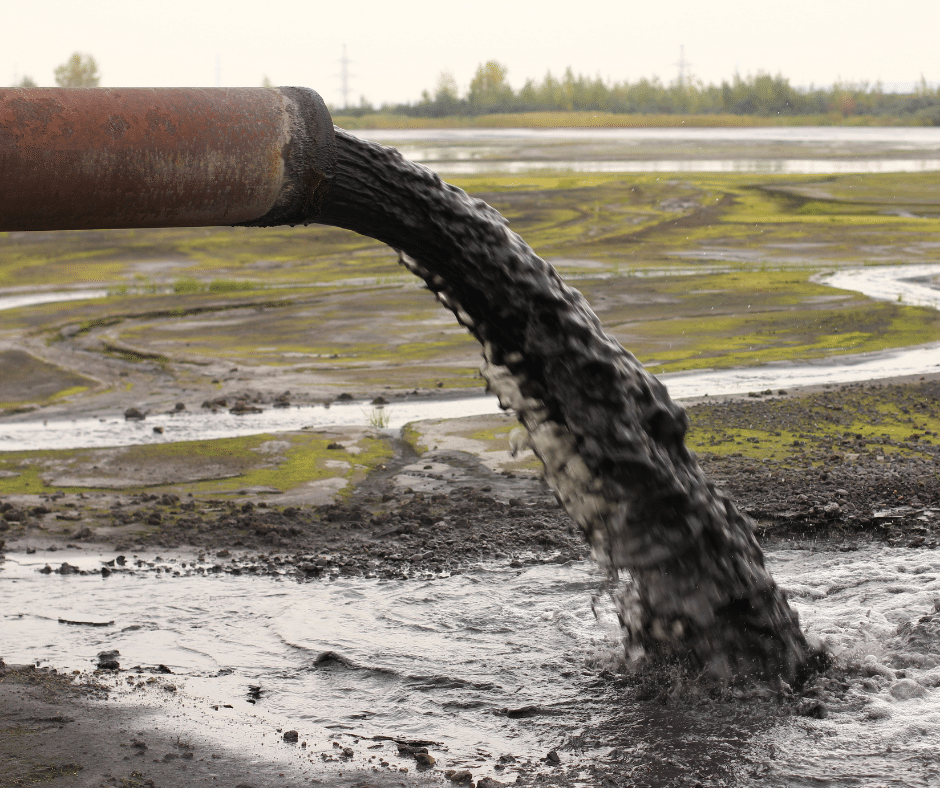Trusted Liquid Waste Disposal Melbourne: Safe and Effective Solutions
Trusted Liquid Waste Disposal Melbourne: Safe and Effective Solutions
Blog Article
Comprehending the Comprehensive Refine of Fluid Garbage Disposal: Ideal Practices and Environmental Influence Considerations
The monitoring of liquid waste disposal is a complex problem that calls for a complete understanding of various ideal practices and their linked environmental effects. From the types of liquid waste produced to the methods utilized for collection, treatment, and final disposal, each action plays an important role in securing ecosystems and public health and wellness.
Kinds Of Liquid Waste
Recognizing the various kinds of fluid waste is important for reliable management and disposal methods. Fluid waste can be broadly categorized right into numerous types, each needing one-of-a-kind handling and treatment techniques.
Industrial liquid waste commonly contains dangerous products, including hefty metals, solvents, and chemicals, generated during producing procedures. These wastes require strict regulatory compliance to secure human wellness and the environment. Domestic liquid waste mainly refers to wastewater produced from families, consisting of sewer and greywater, which, although much less toxic, can still pose considerable dangers if incorrectly handled.
Agricultural fluid waste, consisting of overflow from ranches, usually contains fertilizers and pesticides that can result in ecological destruction otherwise dealt with properly. Medical liquid waste, generated from healthcare facilities, consists of infected fluids such as physical liquids and chemicals, calling for specialized disposal techniques to stop infection and environmental contamination.
Lastly, oil and grease waste, typically produced by restaurants and vehicle sectors, can cause serious clogs in drain systems if not handled effectively. Comprehending these categories promotes targeted approaches for therapy, conformity with policies, and reliable disposal techniques, inevitably promoting ecological sustainability and public health and wellness security.

Collection Techniques
Reliable collection techniques are vital for the proper administration of fluid waste, making certain that it is collected securely and successfully prior to treatment or disposal. Different methods are used depending upon the type of fluid waste produced, the quantity, and the specific qualities of the waste.
One common technique is using dedicated collection containers or sumps, which are developed to catch liquid waste at the source. These systems typically integrate pumps that assist in the transfer of waste to larger storage space containers or therapy centers. Additionally, mobile collection devices geared up with vacuum cleaner innovation are utilized in situations where waste is generated periodically or in hard-to-reach places.
For industrial settings, closed-loop systems can efficiently lessen leaks and spills, permitting the healing and reuse of fluid waste. It is likewise vital to educate employees on appropriate collection procedures to alleviate dangers connected with dangerous compounds.
Furthermore, carrying out normal upkeep timetables for collection tools makes certain optimum performance and safety. The integration of innovative tracking systems can boost collection effectiveness by supplying real-time data on waste degrees and possible risks. On the whole, efficient collection approaches are fundamental to sustainable fluid waste monitoring practices.
Therapy Procedures
Therapy processes play a crucial role in the management of liquid waste, transforming potentially hazardous materials into multiple-use resources or safe effluents - liquid waste disposal. These procedures can be broadly categorized into physical, chemical, and biological approaches, each customized to attend to specific contaminants existing in the waste stream
Physical look here treatment techniques, such as sedimentation and purification, job by eliminating put on hold solids and particulate issue. These strategies are often the first step in the therapy chain, properly lowering the lots on subsequent procedures. Chemical therapies involve the usage of reagents to neutralize harmful substances, speed up hefty steels, or oxidize organic pollutants, thus enhancing the safety of the effluent.
Biological therapy processes, consisting of turned on sludge systems and anaerobic digestion, profit from the natural capacities of microorganisms to degrade raw material. These approaches are specifically efficient for wastewater including naturally degradable contaminants. Advanced treatment innovations, such as membrane filtering and progressed oxidation procedures, are significantly employed to accomplish greater levels of purification.
Integrating a combination of these treatment approaches not only guarantees compliance with governing criteria but additionally advertises environmental sustainability by recuperating important resources from liquid waste.
Disposal Options
Exactly how can companies ensure the liable and secure disposal of fluid waste? Efficient disposal alternatives are important for protecting public health and wellness and the atmosphere. The key approaches include land disposal, incineration, and therapy followed by discharge right into community wastewater systems.
Land disposal entails the mindful containment of liquid waste in assigned land fills, guaranteeing that it does not leach right into surrounding dirt or water. Incineration, on the other hand, subjects fluid waste to heats, converting it right into ash and gases, which require proper purification to minimize exhausts. This technique appropriates for harmful wastes that can not be dealt with through conventional ways.
In cases where liquid waste can be dealt with, companies may choose for chemical or biological treatment procedures to counteract dangerous parts before releasing the treated effluent right into metropolitan systems. This course commonly straightens with regulatory requirements, ensuring that the click here now effluent satisfies security requirements.
Eventually, organizations need to perform detailed analyses of each disposal alternative to determine its practicality, thinking about elements such as waste composition, regulative conformity, and possible risks to health and wellness and the environment. By choosing ideal disposal approaches, services can add to a liable waste management technique.
Ecological Impact
The environmental impact of fluid waste disposal is a vital consideration for companies looking for to decrease their ecological impact. Additionally, the discharge of untreated or improperly dealt with waste right into surface waters can result in eutrophication, leading to oxygen exhaustion and the succeeding death of fish and other microorganisms.

To mitigate these effects, companies have to take on finest methods such as executing rigorous waste therapy procedures, promoting recycling and reuse, and adhering to regulatory requirements. By taking a positive technique to fluid additional resources waste management, entities can substantially decrease their environmental footprint while supporting sustainable growth objectives. Eventually, a detailed understanding of the ecological influences connected with fluid garbage disposal is important for educated decision-making and responsible stewardship of natural deposits.
Verdict
Efficient monitoring of liquid waste is crucial for guarding environmental honesty and public health and wellness. By taking on ideal techniques in collection, disposal, and therapy, along with adherence to regulative requirements, the potential for harmful contamination of environments can be substantially minimized. Constant innovations in innovation and processes add to sustainable waste monitoring initiatives. Inevitably, a thorough understanding of fluid waste disposal not only alleviates environmental effects however additionally fosters a dedication to liable source administration and ecological stewardship.
The administration of fluid waste disposal is a multifaceted issue that requires an extensive understanding of different finest methods and their linked environmental effects. From the kinds of fluid waste generated to the methods used for collection, therapy, and final disposal, each action plays an essential function in securing communities and public health.The environmental effect of fluid waste disposal is a critical factor to consider for companies looking for to decrease their environmental footprint. Eventually, a detailed understanding of the ecological influences connected with liquid waste disposal is crucial for educated decision-making and liable stewardship of all-natural resources.
Inevitably, an extensive understanding of fluid waste disposal not just reduces environmental effects however additionally fosters a commitment to accountable resource management and environmental stewardship.
Report this page